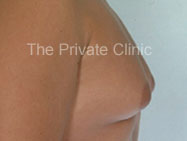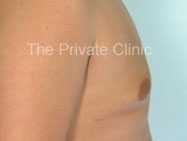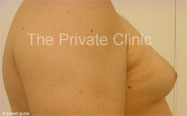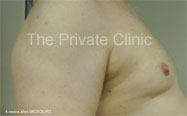Gynaecomastia is a medical term that comes from the Greek meaning “female-like- breasts". This condition occurs when firm breast tissue forms in males. The media have recently termed this as 'man boobs' or 'moobs'.
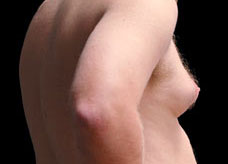 The tissue is usually less than 1-1/2 inches across and grows directly under the nipple. Gynaecomastia can be present on one side or on both sides. The condition may also make the breasts tender.
The tissue is usually less than 1-1/2 inches across and grows directly under the nipple. Gynaecomastia can be present on one side or on both sides. The condition may also make the breasts tender.
Before talking about treatment for this condition, it is important to distinguish between real gynaecomastia and pseudo- or false- gynaecomastia. In real gynaecomastia the enlarged male breast actually contains breast tissue. This is unaltered by vigorous exercises or weight loss and it cannot be reduced other than by surgery.
In pseudo gynaecomastia on the other hand, the enlarged male breast contains no breast tissue but is simply a fatty enlargement of the male breast. This problem often arises in very overweight or obese men.
Pseudo gynaecomastia does reduce when there is an overall weight loss.
Although gynaecomastia is usually a benign condition, that is one which will not cause you any harm, anyone suffering from breast enlargement should first see his or her General Practitioner before considering any form of cosmetic surgery treatment. There are a number of medical reasons why this can occur and all need to be treated differently.
Many boys or young men will experience a temporary enlargement of their breasts while going through puberty, which does tend to disappear as the youth passes from puberty into full manhood. But this does not always happen. A small minority of men do not lose this breast tissue. These men will need to be checked out for the rare congenital condition called Klinefelter's syndrome.
Certain prescription drugs are known to cause gynaecomastia as a side effect, but this happens only rarely. There are also some illegal drugs, including anabolic steroids used by bodybuilders, which can cause excessive breast tissue growth in men. In many of these cases, no treatment is needed as usually the problem can be solved if you stop taking a medicine or drug that is causing the gynaecomastia.
There are a number of medical conditions that may also rarely cause male breast enlargement. These include hormone imbalances, tumours on the testicles or in the pituitary gland in the brain, breast cancer and chronic liver diseases such as alcoholic cirrhosis.
Occasionally, medicines may be used to treat gynaecomastia, especially if tenderness of the breasts is a problem. These medications may make the extra breast tissue go away.
If your doctor decides that surgery is needed to reduce the size of your breasts, the procedure will remove fat and or glandular tissue from the breasts, resulting in a chest that is flatter, firmer, and better toned and shaped.
Statistics from the American Society for Aesthetic Plastic Surgery (ASAPS) report that 21,407 male breast reduction procedures were performed in 2019 in the U.S., a decrease of 13.2% on 2018 figures and a 1.1% decrease against 2015 figures. No official figures are yet available for the UK, but we do know that these operations are being carried out successfully in this country too, with the British Association of Aesthetic Plastic Surgeons (BAAPS) reporting an increase in the number of these operations performed by its members, making it the 3rd most popular surgical procedure for men in the UK in 2019.
If you are considering a breast reduction procedure, the following information will give you a basic understanding about what's involved. It can't answer all your questions, since a lot depends on the individual patient and the surgeon.
Please ask your surgeon about anything you don't understand.

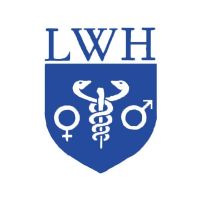

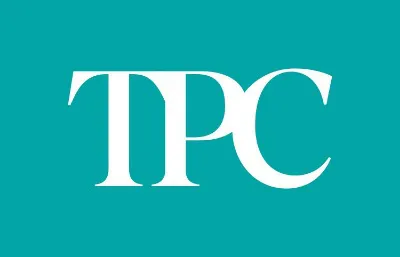


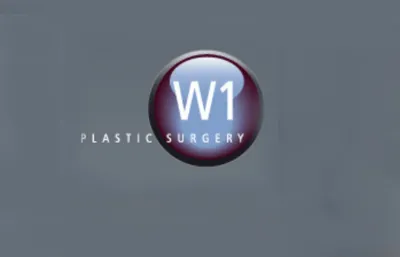
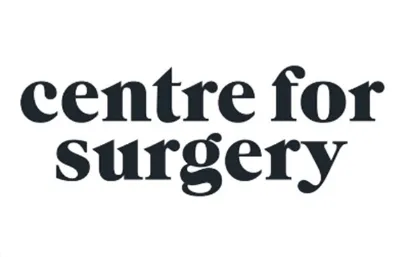



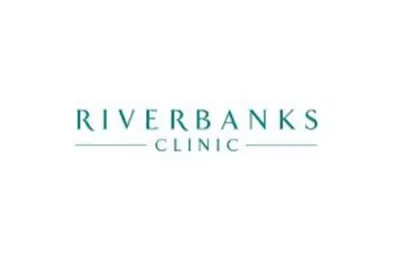
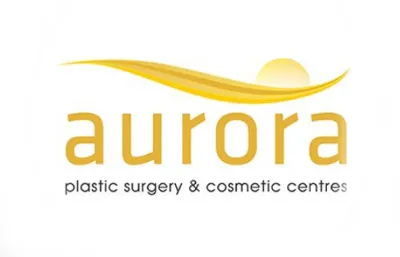

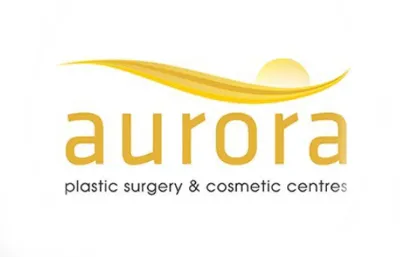


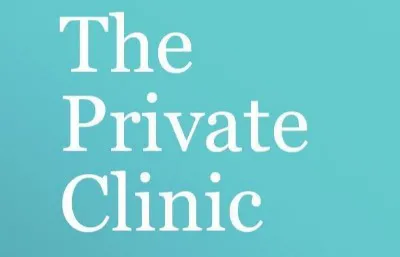



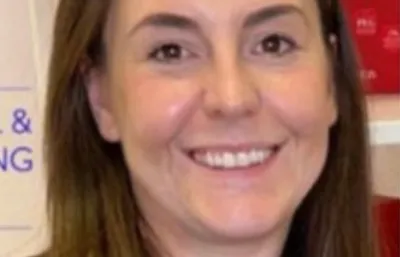



 The tissue is usually less than 1-1/2 inches across and grows directly under the nipple. Gynaecomastia can be present on one side or on both sides. The condition may also make the breasts tender.
The tissue is usually less than 1-1/2 inches across and grows directly under the nipple. Gynaecomastia can be present on one side or on both sides. The condition may also make the breasts tender.